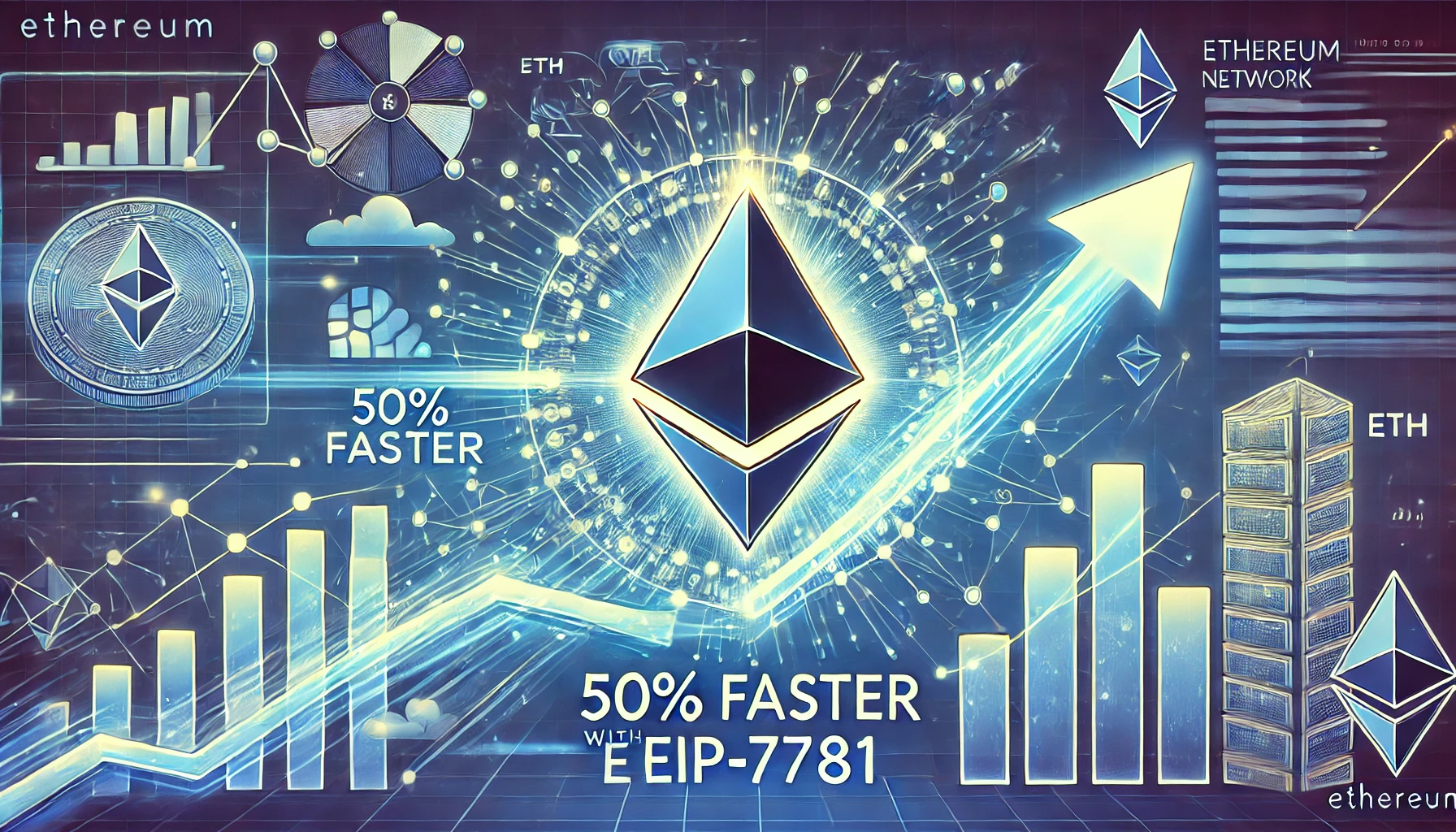20Shift: Your Daily Dose of Insight
Stay updated with the latest trends and news across various domains.
ETH: The Cryptocurrency That Stole the Show
Discover why ETH is the crypto sensation taking the world by storm! Uncover the secrets behind its rise and future potential.
What Makes Ethereum Stand Out in the Cryptocurrency Landscape?
Ethereum stands out in the cryptocurrency landscape primarily due to its smart contract functionality, which allows developers to build decentralized applications (dApps) with enhanced security and efficiency. Unlike Bitcoin, which focuses primarily on peer-to-peer transactions, Ethereum enables programmers to create self-executing contracts that automatically enforce and execute terms coded within the blockchain. This capability has led to a vibrant ecosystem where innovative projects thrive, from decentralized finance (DeFi) to non-fungible tokens (NFTs), revolutionizing various industries by increasing transparency and reducing reliance on intermediaries.
Another crucial aspect that makes Ethereum a frontrunner is its commitment to continuous development and scalability. The ongoing transition from proof-of-work to proof-of-stake through Ethereum 2.0 exemplifies this commitment, promising to enhance transaction speeds while drastically reducing energy consumption. With features like sharding and rollups in the pipeline, Ethereum aims to bolster its capacity to handle a high volume of transactions efficiently. As a result, it maintains a competitive edge in the rapidly evolving cryptocurrency market, ensuring that developers and users continue to choose Ethereum for their blockchain needs.

Exploring the Rise of ETH: Factors Behind Its Success
The rise of ETH, or Ethereum, can be attributed to several pivotal factors that have shaped its trajectory in the cryptocurrency market. Firstly, its ability to facilitate smart contracts introduced a revolutionary concept that extends far beyond simple transactions. This innovation allows developers to build decentralized applications (dApps) on the Ethereum blockchain, creating a vibrant ecosystem that promotes creativity and functionality. As a result, Ethereum has garnered attention from major industries and individual developers alike, fueling its adoption and increasing its value.
Another significant factor contributing to the success of ETH is the growing interest in decentralized finance (DeFi) and non-fungible tokens (NFTs). The Ethereum network serves as the backbone for many DeFi projects and NFT marketplaces, offering scalability and versatility. This influx of projects has heightened user engagement, driving demand for ETH as users require the cryptocurrency for transactions, fees, and governance. With continuous upgrades and improvements, such as the transition to Ethereum 2.0, the network is poised for even greater scalability and security, further solidifying its position as a leader in the cryptocurrency space.
How to Invest in Ethereum: Tips for Beginners
Investing in Ethereum can seem daunting for beginners, but with the right knowledge and strategies, it can be a rewarding venture. First, it's crucial to understand what Ethereum is; it's not just a cryptocurrency like Bitcoin, but a platform for decentralized applications (dApps) that use smart contracts. To get started, choose a reliable cryptocurrency exchange, such as Coinbase or Binance, where you can create an account and buy Ethereum. Ensure you verify your identity as most exchanges have KYC (Know Your Customer) protocols in place. After setting up your account, you can fund it using a bank transfer or credit card.
Once you've successfully purchased Ethereum, consider transferring your assets to a personal wallet for enhanced security. Wallets come in various forms, including software wallets, hardware wallets, and even paper wallets. Hardware wallets, such as Ledger Nano or Trezor, are recommended for long-term storage as they are less susceptible to online attacks. Additionally, as a beginner, it's wise to start with a modest investment—no more than you can afford to lose—and continuously educate yourself about market trends. Join online communities, read articles, and follow industry experts to strengthen your understanding of Ethereum investments.